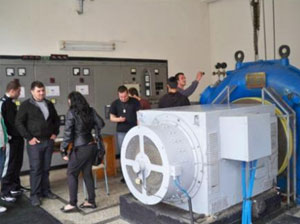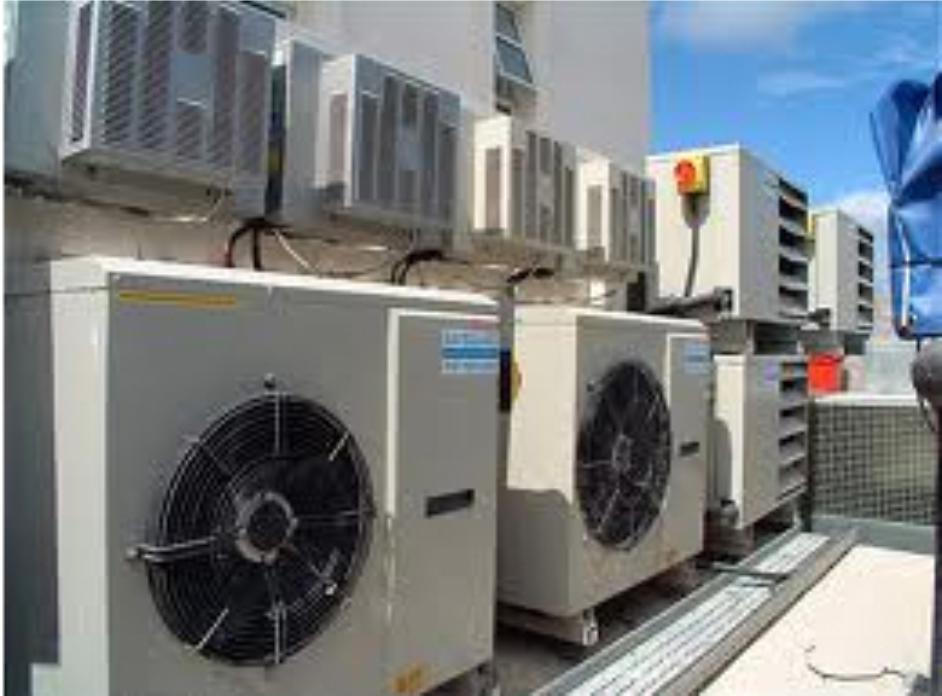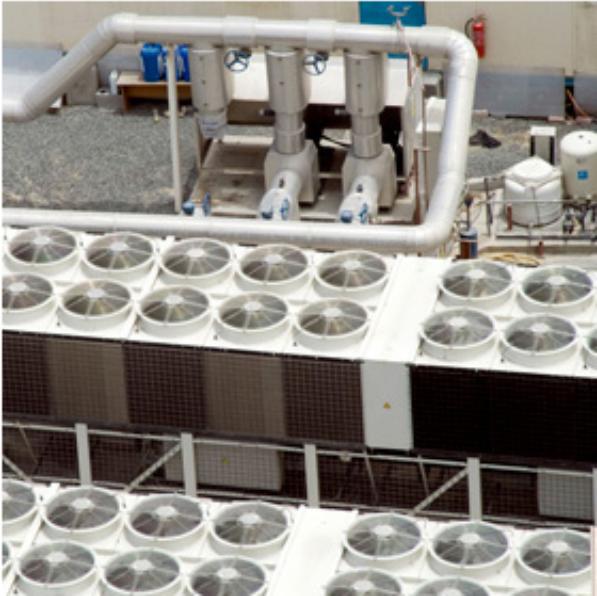
INDUSTRIAL HEAT AND GAS SYSTEMS
The main objective of “Industrial heat and gas systems” degree course is to prepare highly qualified engineers with broad specialist knowledge in general engineering and well-founded understanding of heating, hydraulic, pneumatic and gas equipment that will be well able to develop and implement novel ideas aimed at building and maintaining industrial and public heat, hydraulic and gas systems.
Successful course graduates in “Industrial heat and gas systems” are well able to perform activities related to research, development, design, implementation, maintenance (operational running, diagnostics and repair), organization, consultancy and management in a number of economic sectors.
Areas of professional realization: construction and reconstruction of buildings and industrial systems through design, operation and repair of systems and installations for heating, ventilation and air conditioning, gas distribution installations and gas equipment, refrigerator and heat pump systems and installations, energy saving and thermal insulation systems, hot water systems and installations, heat energy extraction systems and installations and heat energy accumulation systems and installations; automotive equipment - gas and air conditioning systems, internal combustion engines, cooling and fuel systems; hydraulics and hydraulic drive of construction, transport and agricultural machinery; utilization of renewable and secondary energy sources – solar thermal and photovoltaic systems, wind, hydro and geothermal energy systems, systems using biofuels; heat power engineering and district heating, gas energy and gas distribution systems; oil extraction and refining industry, energy efficiency – energy performance audits and implementation of energy saving measures and technologies; energy conversion systems, special industrial heat and gas systems. Training in “Industrial heat and gas systems” is carried out according to Bachelor degree course curriculum. Successful course graduates are eligible to continue their training in Master’s degree and later on in doctoral degree courses.
The degree course addresses the demand for experts in implementing the 2012 European strategy which aims at developing competitive, sustainable and reliable energy sector. The degree course curriculum meets the European higher education criteria for this particular area of engineering by focusing on thermal and hydro engineering technologies and innovations.
PROSPECTIVE PROFESSIONAL POSITIONS
Successful course graduates will be qualified to perform well in the following engineering activities:
- Design of systems for ventilation and dust-catching in industrial and administrative buildings or compounds;
- Design of systems for air-conditioning of administrative HQs, commercial centers, hotels, restaurants and residential buildings;
- Design of heating, heat pump and dryer installations;
- Design of systems for renewable energy sources;
- Design of gas systems and equipment;
- Conducting research in the area of heating, ventilation, air-conditioning and gas equipment.
PROFESSIONAL REALIZATION
 Bachelor's degree holders could have prospective employment as:
Bachelor's degree holders could have prospective employment as:
- experts in the field of energy research and adoption of energy saving technologies
- designers of air-condition, heating, ventilation, gas supply and cooling systems and installations
- engineers in charge of maintenance and operation of energy systems
- experts and coordinators of projects related to energy effectiveness and renewable energy sources.
Academic training in the degree course of Heating, Ventilation and Air-condition Equipment is carried out in conformity with the B. Sc. degree curriculum. Successful course graduates are eligible for studies in Master's and Ph.D. degree courses.
A cademic training is set on solid scientific, theoretical and practical basis. The first four semesters include studies of general disciplines which are compulsory for any engineering expert: Calculus, Physics, Informatics, Fluid Mechanics, Heat Transfer, Materials Science, Machine Parts, Strength of materials, Thermodynamics plus two language modules and a number of humanitarian disciplines.
cademic training is set on solid scientific, theoretical and practical basis. The first four semesters include studies of general disciplines which are compulsory for any engineering expert: Calculus, Physics, Informatics, Fluid Mechanics, Heat Transfer, Materials Science, Machine Parts, Strength of materials, Thermodynamics plus two language modules and a number of humanitarian disciplines.
Disciplines studied in the V , VI, VII and VIII semester include Applied Hydrodynamics, Constructive and Thermo-technical Characteristics of Buildings, Heat and Gas Supply, Gas Equipment, Cooling Equipment, Industrial Ventilation and Dust Catching. All these prepare undergraduates to reach the standards of training required by the B. Sc. degree level. Training concludes with diploma project during the last semester of studies.






